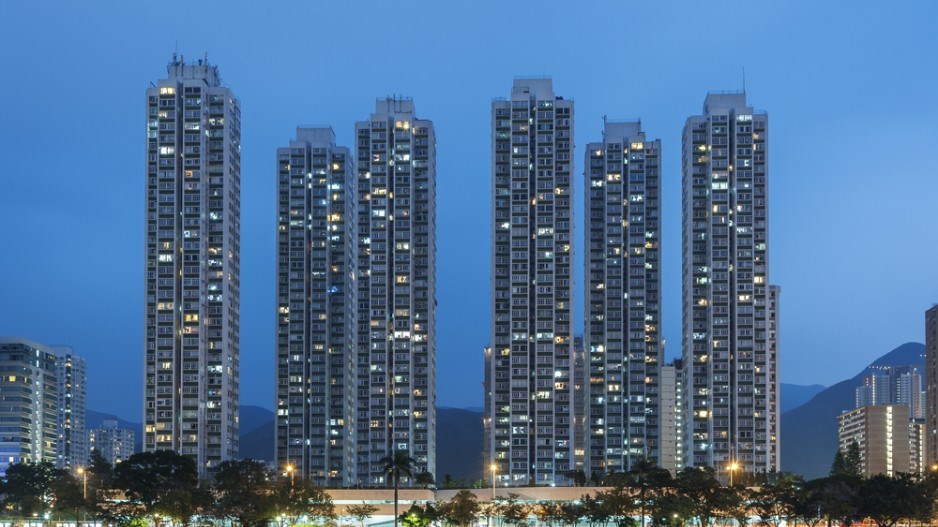Hong Kong’s economy grew 1.9 per cent in the third quarter off the back of stronger domestic consumption, employment and trade.
Despite the promising figure, the government set a conservative full-year growth forecast of 1.5 per cent, compared to its previous range of 1 to 2 per cent. Recent cooling measures announced for the city’s property market are expected to dampen short-term growth and were cited as one of the reasons for the cautious outlook.
The third quarter result marked an improvement on first and second quarter growth rates, recorded at 0.8 and 1.7 per cent respectively. Despite the upward trend, the government’s growth forecast for 2016 remained the worst since 2012 when GDP grew at 1.5 per cent.
“We expect fourth quarter GDP to expand at a modest pace,” government economist Helen Chan said, pinning hopes on a further recovery in exports, favourable income conditions and improved business sentiment.
Goods exports grew 1.9 per cent during the three-month period, compared to the same time last year, with strong demand from Asian countries, especially mainland China. The uptick reversed year-long contractions in the exports sector.
Services exports also rebounded 1.8 per cent after consecutive declines over the past five quarters. Travel-related services however remained sluggish, falling 9 per cent during the quarter.
A low jobless rate of 3.4 per cent and steady earnings growth for full-time employees at 2.3 per cent kept the employment sector resilient, and there were strong sales in the property market ahead of a predicted rise in US interest rates.
“IMF is now expecting 2017 to be a slightly better year, which we hope, if achieved, will render some support to global demand conditions and benefit Asian trade, including in Hong Kong,” Chan said.
Hong Kong’s property market had been buoyant in recent months, Chan noted, with flat prices jumping 8.9 cent between March and September and transactions reaching a four-year high of 7,826 in September.
Chan, however, said the government’s recently announced cooling measure – a 15 per cent stamp duty on residential property purchases for all non-first-time buyers – could dampen the city’s short-term economic growth.
“In the short-term, it cools down the property market ... probably has some effect on consumption and investment, maybe also on the overall economy,” Chan said, noting the cooling measures were factored into current GDP forecasts for 2016.
“If we allow the property bubble to grow further to unmanageable levels, the eventual correction in the housing market would be more severe and painful.”
Chan said the result of the US presidential election also cast uncertainty over the city and other Asian economies, and hoped the new administration would roll out economic and trade policies as soon as possible to ease concerns.




